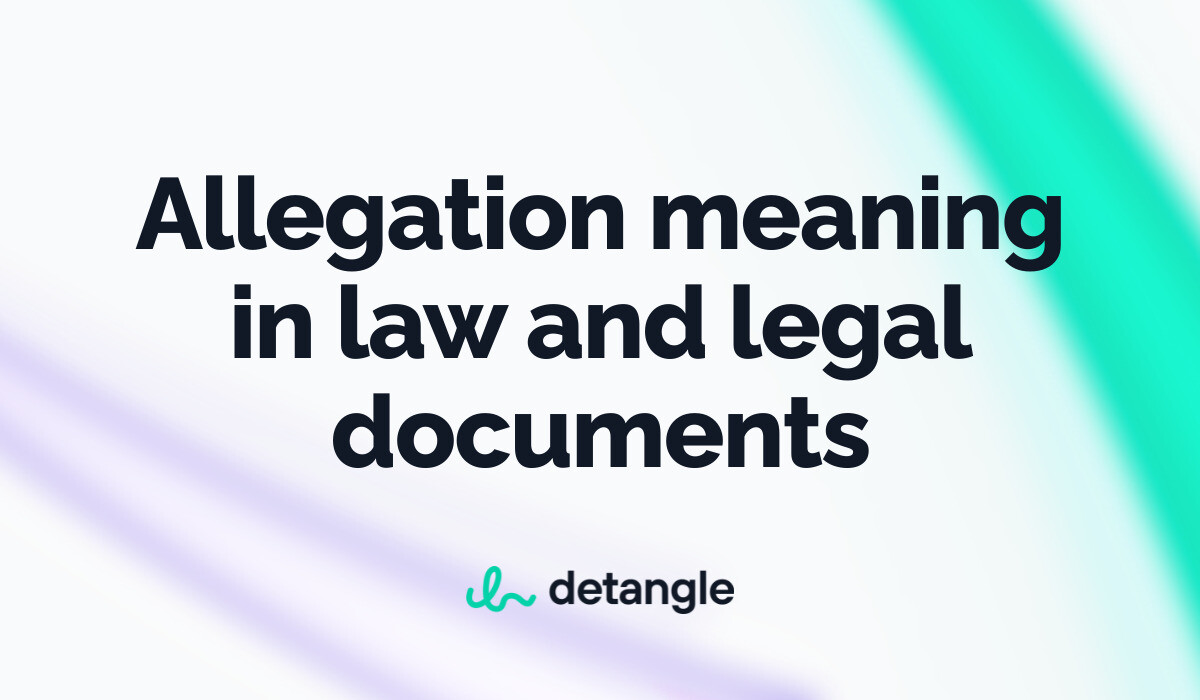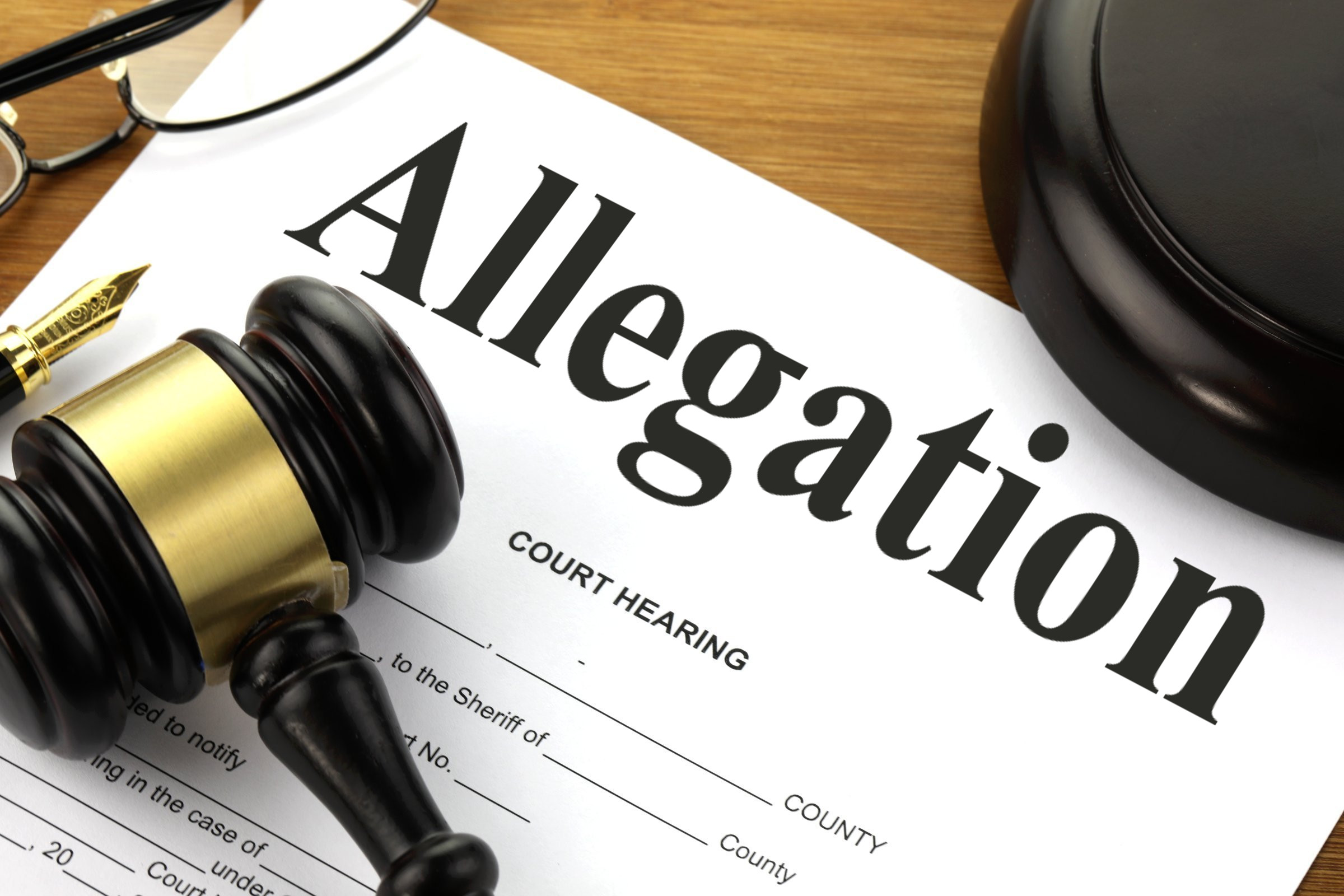Unpacking Sexual Assault & False Allegations: A Deep Dive
Is the line between accusation and truth often blurred, especially in cases involving allegations of sexual misconduct? The very definition of sexual assault is not always clear, and the consequences of these accusations can be far-reaching and life-altering.
Understanding the nuances of what constitutes sexual assault, harassment, and the legal repercussions that follow is crucial in navigating the complexities of these sensitive cases. The legal frameworks vary across jurisdictions, adding another layer of intricacy to the process of investigation and adjudication. It is important to note, as well, that these allegations may not always be directly connected to specific high-profile cases or individuals, and the focus is on the broader implications and legal definitions.
Within the realm of legal definitions, the scope of sexual assault is broad. It includes forced sexual intercourse, forcible sodomy, child molestation, incest, fondling, and attempted rape, among other acts. [139] However, its important to remember that the legal definition can vary considerably by state within the United States, as each state has its own code of laws governing criminal conduct, including sexual assault. This variation underscores the need for careful consideration of the specific laws applicable in a given jurisdiction.
In the context of investigations, it's crucial to recognize the specific outcome. An "unfounded" designation is not synonymous with a "false allegation." There are distinct definitions for "unfounded," and these can vary between agencies, such as those involved in child abuse investigations (e.g., the Department of Human Services in Oregon) and law enforcement agencies nationwide. This distinction is crucial for understanding the investigative processes and potential outcomes.
The legal frameworks in South Africa, for instance, demonstrate the severity with which such crimes are viewed. Penalties can range from financial fines to life imprisonment. The Criminal Law Amendment Act of 1997 sets minimum sentences for serious offenses, including murder and rape, unless substantial and compelling reasons justify a lesser sentence. This demonstrates the seriousness with which countries are addressing the issues of sexual assault.
The prevalence of false allegations of sexual assault is a serious issue. Research on the subject shows that the reporting of such cases is unreliable due to inconsistencies in definitions and methodologies used to evaluate data (Archambault, n.d.). Reviews of research consistently highlight the prevalence of false reporting. The voluntary submission of crime data, such as reported rapes, by police departments since 1929, is crucial for understanding trends, although it can sometimes be affected by reporting biases or changes in reporting practices over time.
An accusation, in its core meaning, is a charge of wrongdoing. It is a statement made without providing proof, alleging that someone has committed a wrong or illegal act. The act of making an accusation is the central part of the legal process.
In legal proceedings, consistency in testimony is a significant measure of credibility. Dramatic changes in an accuser's story can raise serious questions about the reliability of the claims. The case of State v. Smith serves as a good example; multiple shifts in the narrative led the court to question the veracity of the allegations. This highlights the importance of maintaining consistency when presenting a case.
An allegation, on the other hand, is the act of alleging something. It is a statement asserting that someone has done something wrong. Each report, which is often numbered for reference, is included as a document in the police file, usually made available to the accused's solicitor. This ensures that the accused is informed of the specific allegations against them.
The legal framework on false accusations is in place to protect individuals. In the Philippines, for example, legal protections exist against false accusations, and individuals have avenues to seek recourse if falsely accused. The legal framework is designed to ensure that false accusations are addressed and that the falsely accused are not subjected to undue hardship.
A statement of wrongdoing can have profound impacts, specifically if it leads to separation in professional life and career. For instance, sexual assault allegations can lead to administrative separation actions, including boards and reprimands, which put a military career at risk. This is due to the difference in the standards of evidence required in administrative separation compared to those needed for prosecution in court.
The complexities surrounding allegations of rape, the definition of harassment, and the broader implications on an individuals personal and professional life. In South Africas legal framework, the interpretation of the Protection from Harassment Act (PHA) and its implications must be assessed. This act is designed to protect people from harassment, and it includes provisions related to the types of actions, like verbal harassment, the intention of such actions, and what is considered harassment.
A false accusation is an untrue or fabricated allegation made against an individual. This means that the claim that someone has committed wrongdoing is false, and they have not committed the offense. The impact of such accusations is severe.
In cases where an individual's life, health, or personal liberty, or those of their family, could be threatened if they were returned to their country of origin, the competent authority conducts an evaluation of the risks and safety before returning the victim. This evaluation is crucial.
In both the DHS and FBI definitions, reports are determined to be false, the "unfounded" category isn't limited to just cases that are determined to be false. This means, an unfounded report is not necessarily synonymous with a false allegation or report. This is why it is so important to be aware of all of the details of a case before making an assessment of it.
The factors that must be considered are the allegations of sexual assault (SA) and sexual harassment (SH) in the defined period, the sources of allegations, whether the data collection systems are manual or automated, and who has access to the data and systems. Additionally, it is important to know the process flow from the receipt of the allegations to investigation (i.e., facility to complete investigative matrix).


